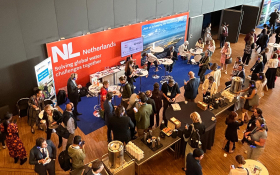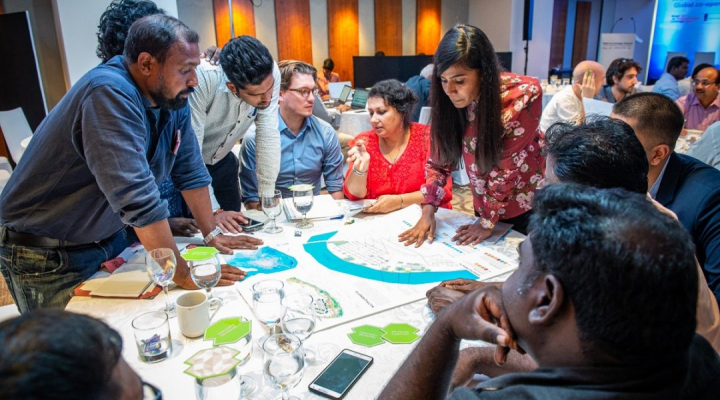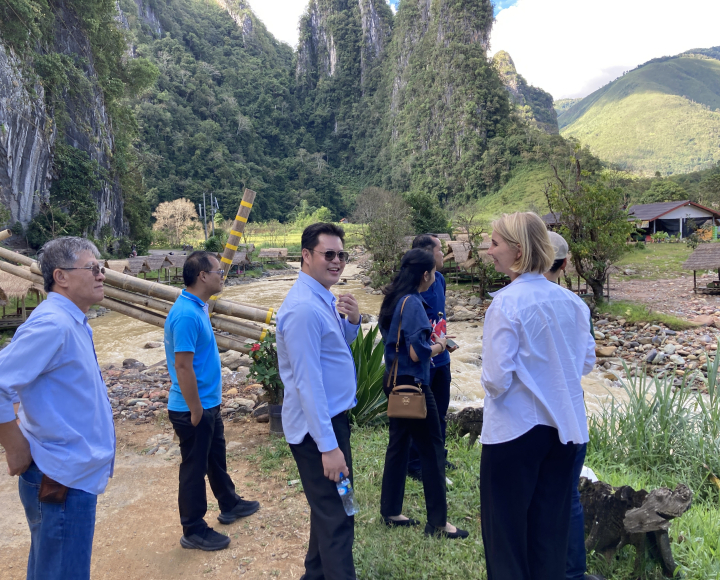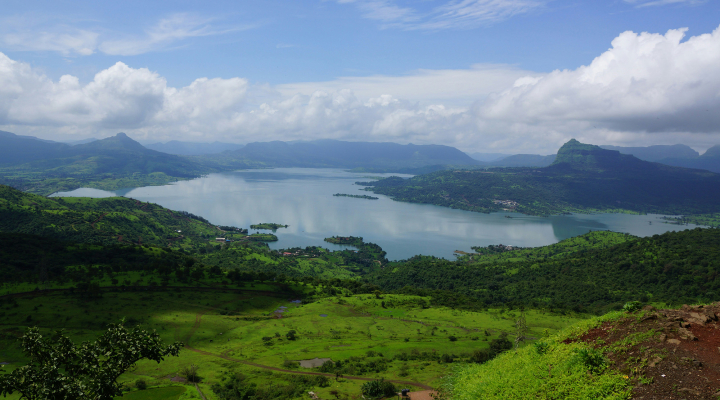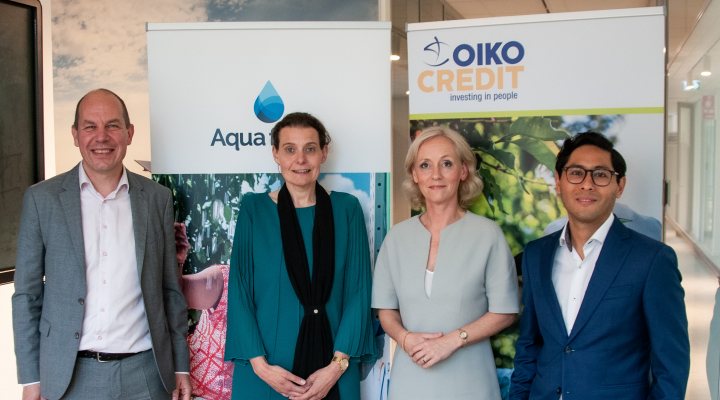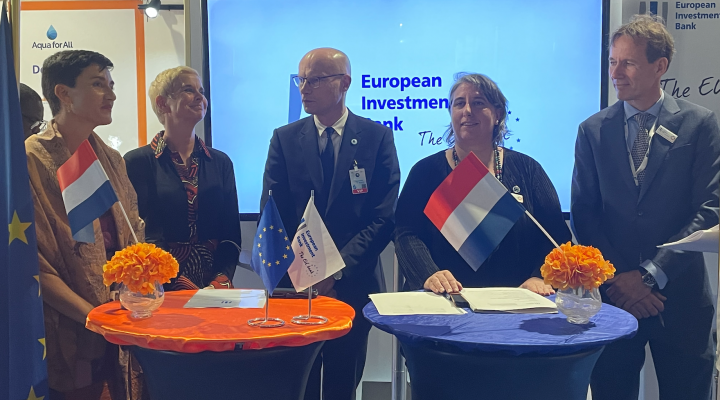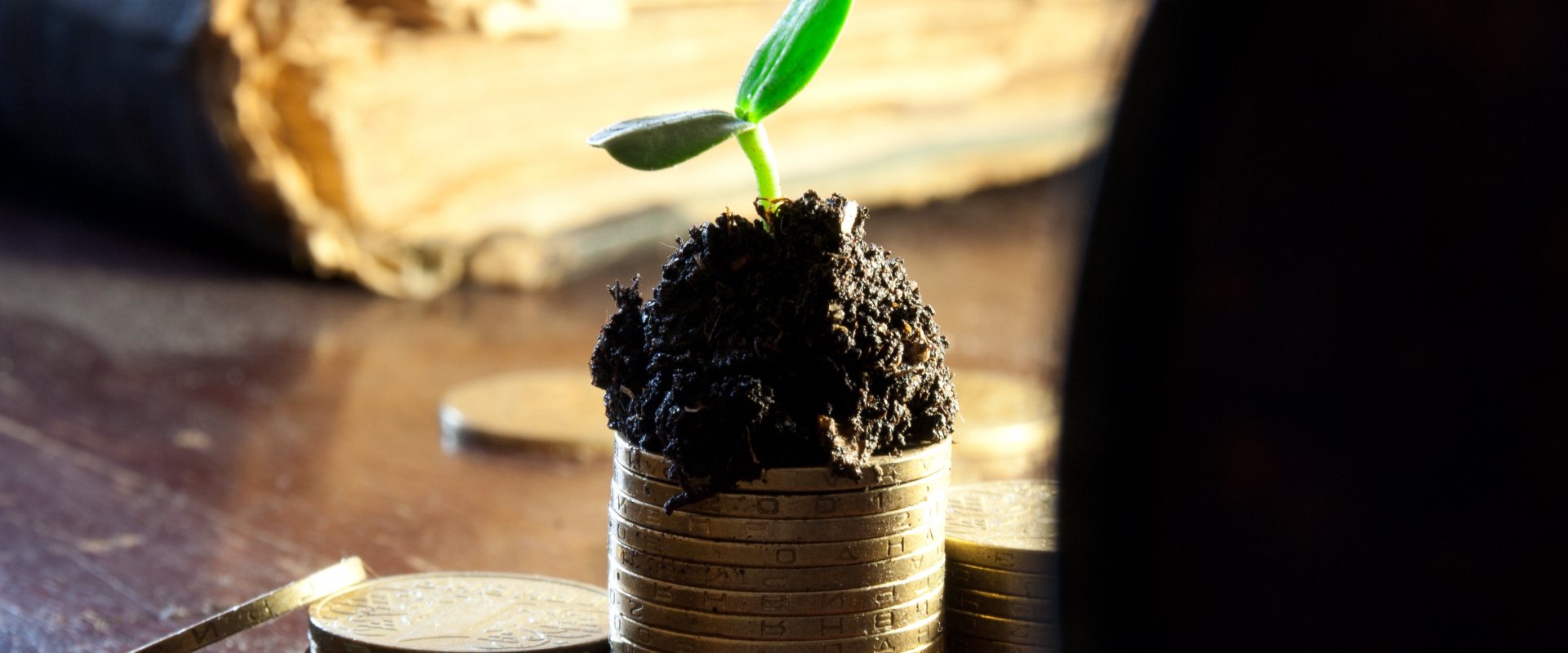
WWWeek at home: Increased demand reported by water entrepreneurs due to Covid-19
The Covid-pandemic brings more business for small-scale water entrepreneurs in emerging markets. The demand for water is increasing as Covid-19 puts hygiene, including handwashing, higher on the agenda of households.
‘The entrepreneurs need more capacity to store water’, said managing director Josien Sluijs of Aqua for All during a online session of Stockholm World Water Week 2020 on scaling finance for water and sanitation services.
More water storage capacity
‘Inquiries amongst the water entrepreneurs we work with, show an increasing demand for water’, reported Sluijs. “They are now in need of additional storage capacity. So, we started to give special assistance that allows us to better understand their needs in these difficult times.’
Sluijs also mentioned the additional efforts taken by Aqua for All to support small-scale water entrepreneurs. ‘We made an agreement with the Sidian bank in Kenya to guarantee the continuation of their WASH portfolio. This way we secure funds to water entrepreneurs that want to respond to that higher demand.’
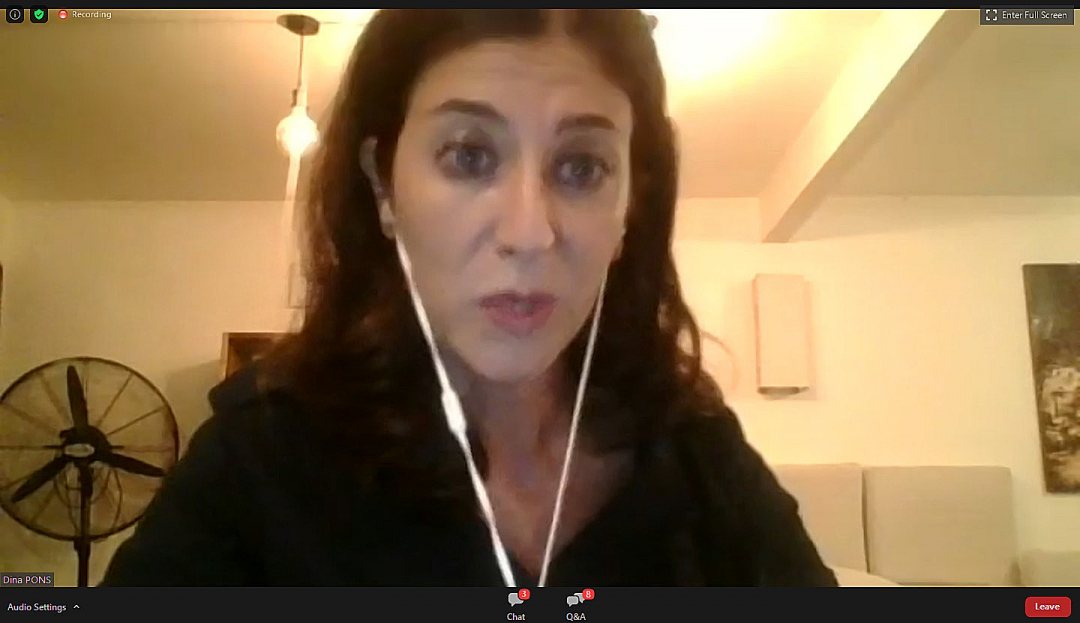

Health awareness campaigns
One of the speakers that joined in the session was Dina Pons of impact investor Incofin. She too confirmed that water entrepreneurs report an increasing water demand. ‘In emerging markets you see that people have been exposed to hygiene campaigns by governments’, Pons remarked.’ They understand that they have to be more cautious with their health and this leads to a higher consumption of water at the individual household level’.
Another finding that Pons reported, was the opportunity for water kiosk owners to strengthen their positions. ‘Water kiosks with a good outreach can put hygiene measures in place and show their clients how this looks like. They start becoming the health agent for their clients. This gives them a role beyond selling water’.
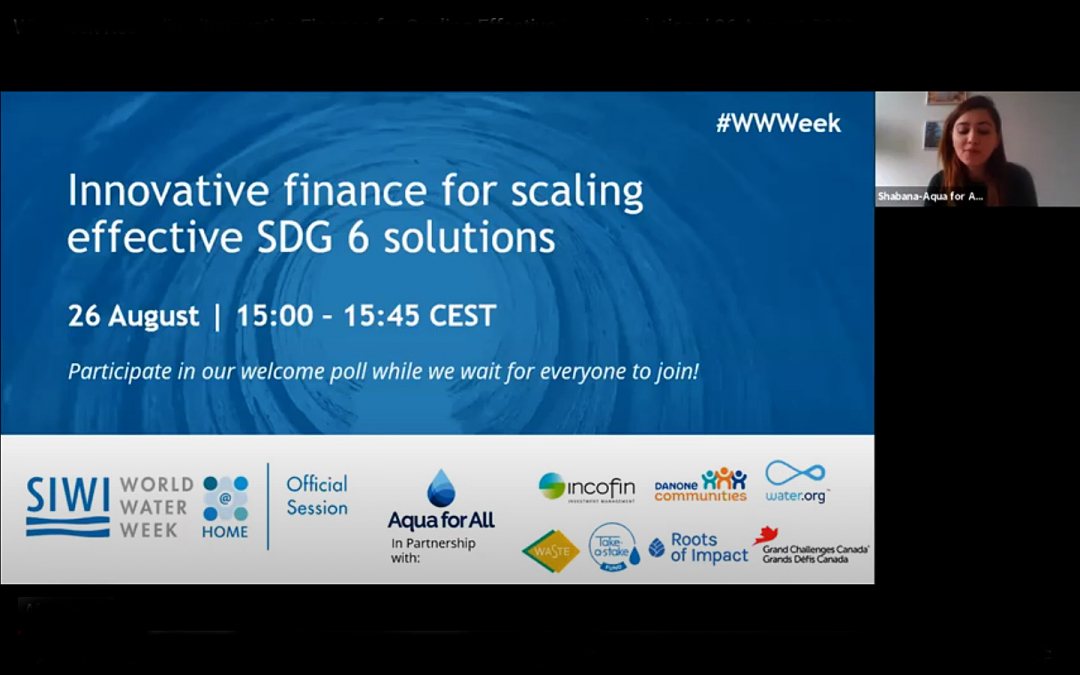

More patient capital
The session discussed the possibilities to facilitate start-ups and scale ups in the WASH-sector with patient capital that has long term horizons, is flexible to meet the needs of entrepreneurs, and is unwilling to sacrifice the needs of end customers for the sake of shareholders.
The session made clear that the WASH-sector has its own mechanism that require tailored financing solutions.
In general, commercial banks perceive the sector as risky and are hesitant to lend money to start-ups and scale-ups. Organisations as Aqua for All and Water.org are specialising in innovative blended finance and use seed money to trigger regular investors to invest in sustainable water and sanitation projects.
New blended financing initiatives
During the session five examples of innovative blended finance were presented:
- Patient capital for Small & Growing Businesses by Take a Stake Fund
Fund to derisk investments in the WASH-sector, supported by the Canadian Government. - Social Impact Incentives by Roots of Impact
Blended financing instrument (SIINC) to meet high upfront costs by including the revenues of the social outcomes of WASH-services. - Patient capital for Small & Growing Business by Take-a-Stake Fund
Fund that helps entrepreneurs to less heavy loans so they can survive the ‘valley of death’ when costs have been made and revenues are still low. The fund also coordinates all its activities in order create more business in the WASH-sector as a whole. - Water Access Acceleration Facility by impact investor Incofin
Fund that invests in interesting business cases by small enterprises in the drinking water sector, such as water kiosks. Food company Danone is acting as an anchor investor. - Sanitation Impact Bond by FINISH Mondial
Large scale impact investment fund for the WASH-sector as a whole, using microcredits for individual households that want a toilet, entrepreneurs that want to build these toilets and waste service companies that want to collect and treat the faeces. - Global Credit Enhancement Facility by Water.org
New facility in India that uses development finance to de-risk investments by commercial banks.




